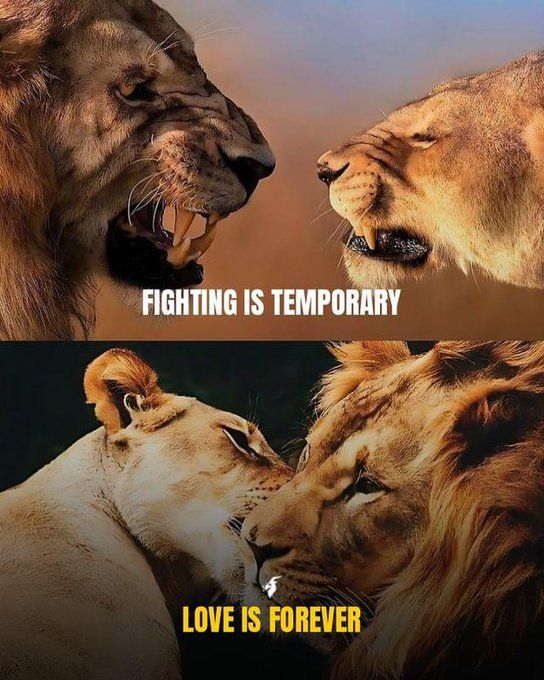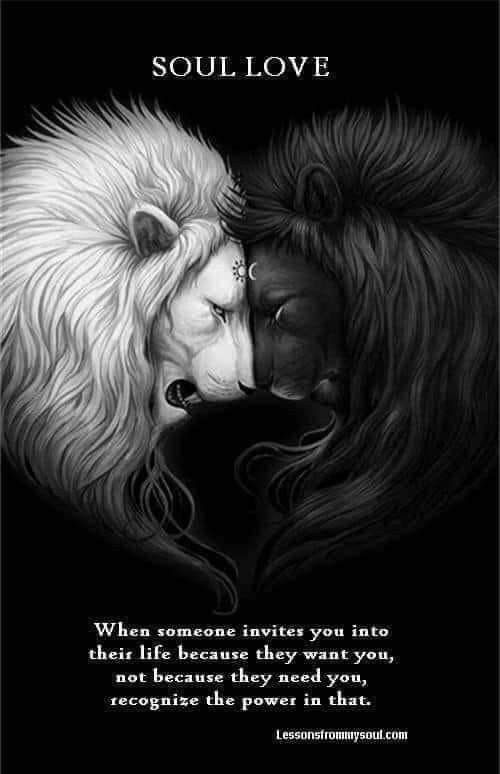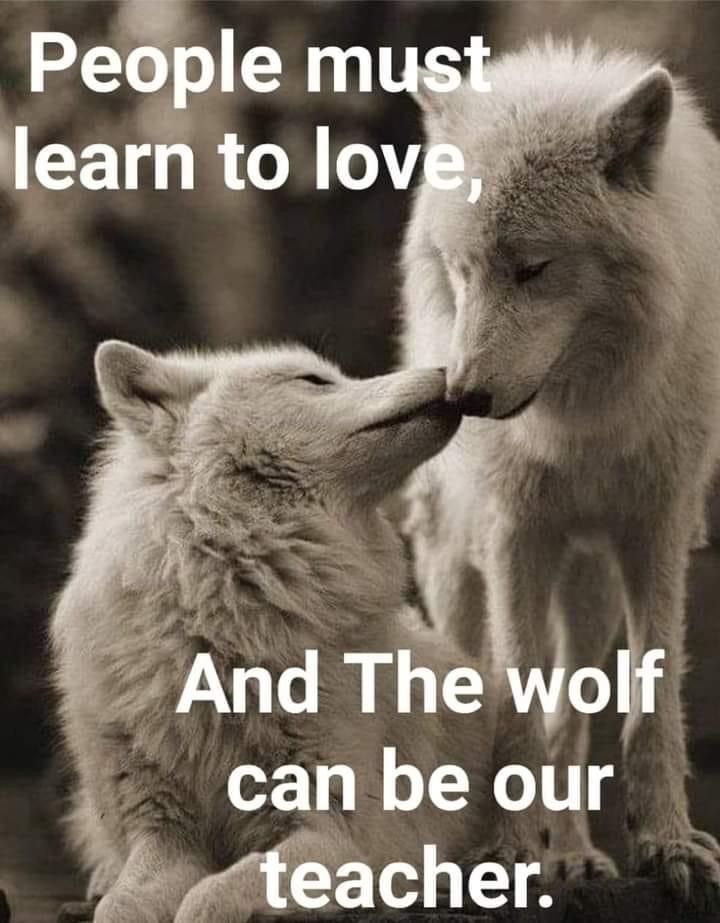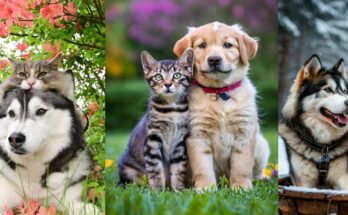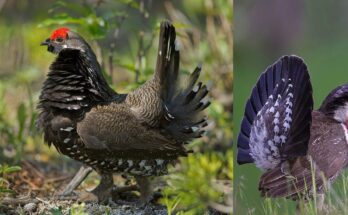
In the wild plains of Africa, the roar of a lion echoes with power, presence, and primal majesty. As apex predators, lions command fear and respect, their golden eyes scanning the horizon with a stoic calm that masks the deep, emotional lives they lead. To many, lions represent strength and dominance. But behind their mighty roar lies a softer truth: lions are some of the most loyal and emotionally bonded creatures in the animal kingdom.
Their loyalty—to their pride, their mates, and even to fallen members—is nothing short of heartbreaking. In a world where survival often comes at the cost of emotional vulnerability, lions show us that strength and tenderness can coexist. This is the story of the emotional depth of lions and the powerful, often tragic, bonds they form—bonds that rival and sometimes exceed those found in the human world.

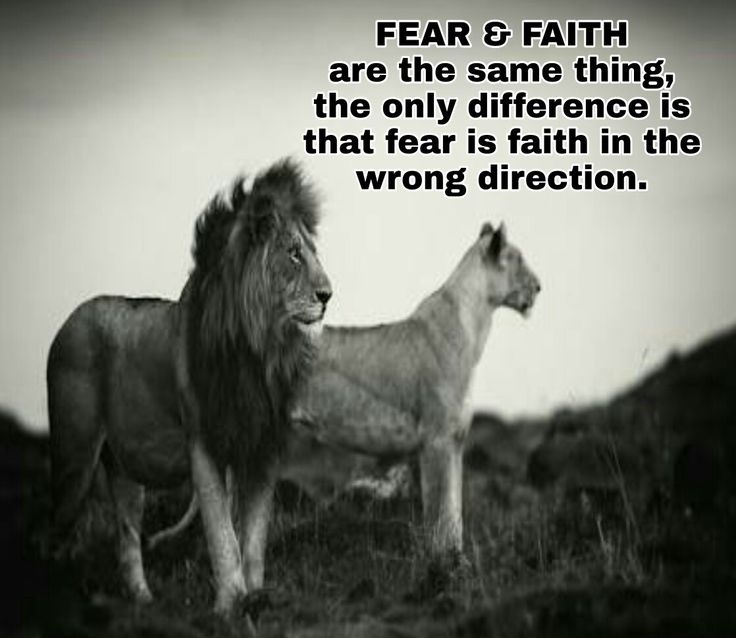
The Social Structure of the Pride: A Family Unit Like No Other
Unlike most big cats, lions are highly social animals. They live in groups called prides, which are usually composed of related lionesses, their cubs, and a coalition of one to four adult males. This structure is more than a strategic alliance for hunting and protection—it is a tight-knit family unit, built on loyalty, cooperation, and care.
Lionesses within a pride are almost always related—sisters, aunts, cousins, and mothers. They stay together for life, raising cubs communally and defending their territory as one. These bonds are unbreakable. If a lioness dies, the pride mourns in silence. They linger near her body, nuzzle it, and exhibit behaviors that unmistakably suggest grief.
Males, though often seen as aloof or aggressive, also form deep connections—especially when they grow up together in coalitions. Brothers or unrelated males who bond in adolescence may remain together for life, facing battles, exile, and the passage of time as one.


Mothers and Cubs: A Bond of Fierce Devotion
One of the most powerful expressions of lion loyalty is between a mother and her cubs. From the moment her cubs are born, a lioness becomes a relentless protector. She hides them in thickets, nurses them patiently, and defends them with her life. If a cub cries, she responds immediately. If danger nears, she places herself between the threat and her young.
The devotion can be so strong that lionesses have been documented fighting off male lions many times their size to protect their cubs—even when the odds of survival are slim. In one heart-wrenching observation from the Maasai Mara, a lioness named Sala defended her cubs against a male intruder who had taken over her pride. Despite knowing the rules of nature—new males often kill cubs to bring females into heat—she refused to abandon them. Her resistance cost her life, but her loyalty never wavered.
In another case, a lioness was filmed returning repeatedly to the spot where one of her cubs had died, days after the body was removed. She lay in the dust, sniffed the ground, and called out softly. It was mourning, pure and raw.
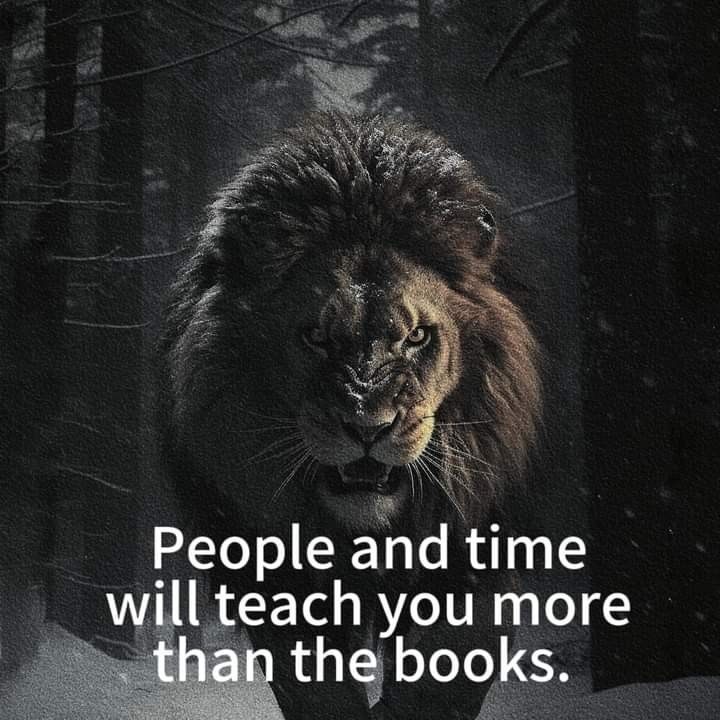

Brotherhood Among Males: A Fierce, Enduring Bond
Male lions often form coalitions—pairs or trios of males who stay together for life. These coalitions are not just strategic; they are deeply emotional alliances forged in youth and strengthened through struggle. These brothers—sometimes biological, sometimes not—share food, raise cubs, and fight side by side for dominance or territory.
When one male in a coalition dies, the survivor often shows signs of grief. He may become withdrawn, avoid conflict, or vocalize in unusual ways. In one documented case in Botswana, two male lions known as the “Sky Boys” were seen patrolling their territory for days after one was injured in a fight and succumbed to his wounds. The remaining male, once dominant and fierce, was found lying beside his fallen brother, refusing to leave.
These bonds are heartbreakingly human in their intensity. They show that even in a world ruled by instinct and survival, love and loyalty still have a place.


The Tragedy of Takeovers: When Nature Breaks the Bond
The most brutal test of lion loyalty comes during pride takeovers, when new males challenge and defeat the dominant males of a pride. The victors often kill the cubs of the previous leaders, eliminating their bloodline and ensuring that the lionesses come back into heat.
This biological imperative leads to scenes of unimaginable grief. Lionesses mourn their cubs. Some resist the new males to the point of exile. In rare cases, a lioness may attempt to hide her cubs or escape with them. But survival is seldom guaranteed.
Yet even after the violence, some lionesses refuse to bond with the new males. They stay loyal to their lost cubs or former mates, often remaining aloof and distant. These behaviors suggest a capacity for emotional memory far beyond what we once believed.


Grief in Lions: Do Animals Mourn?
Scientific evidence increasingly supports the idea that animals grieve—and lions are no exception. Whether it’s a lioness mourning her cubs, a male mourning his brother, or a pride mourning a lost matriarch, the signs are there: withdrawal, loss of appetite, change in behavior, and even depression.
Lions have been observed lying next to the bodies of fallen pride members, nuzzling them, licking them, and guarding them from scavengers. In some cases, this behavior continues long after the death. These acts are not driven by instinct or utility; they seem to come from a place of loyalty and love.
Grief is a mirror of attachment. And in the loyalty of lions, we see reflections of the kind of emotional bonds humans often claim as uniquely our own.

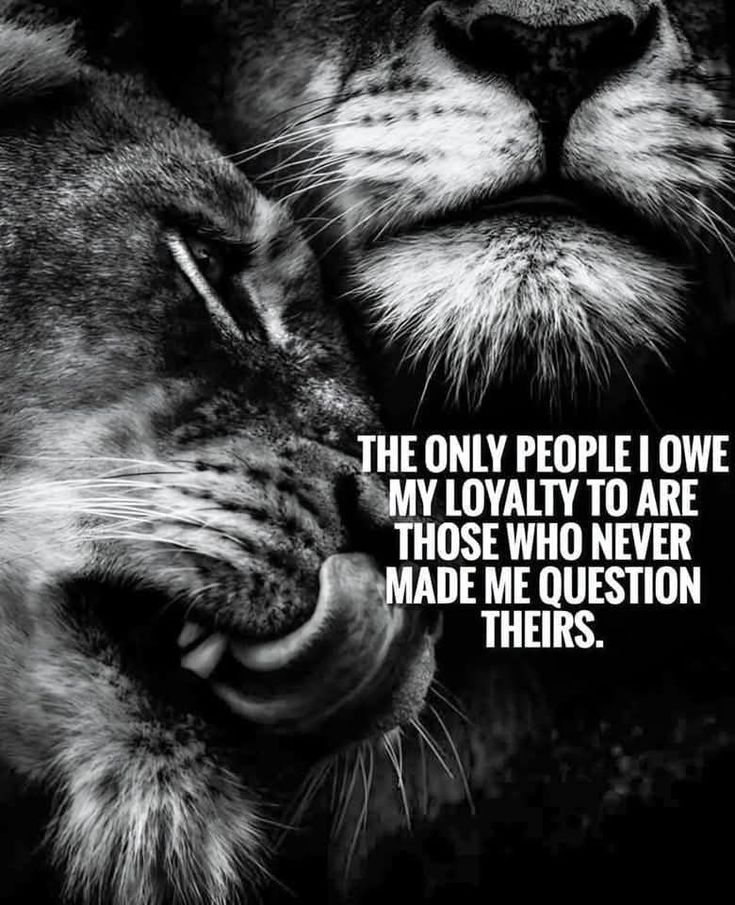
Loyalty Beyond Death: A Tale from the Serengeti
One particularly moving story comes from the Serengeti, where researchers followed a lion pride over more than a decade. Two lion brothers, nicknamed Shaka and Zuberi, led the pride for many years. When Shaka was injured in a territorial fight, he could no longer keep up. Zuberi stayed behind, refusing to abandon his brother. The two were eventually exiled by younger males.
In their final days, Shaka and Zuberi were seen resting side by side under the same tree every night. When Shaka finally passed away, Zuberi lingered near the body, licking his brother’s mane and emitting low, mournful sounds. He stayed for three days, not eating or moving far. Eventually, weakened by age and grief, Zuberi died too—less than a week later.
Their story became a symbol of the emotional richness of lion life. They weren’t just kings of the savannah—they were brothers to the end.
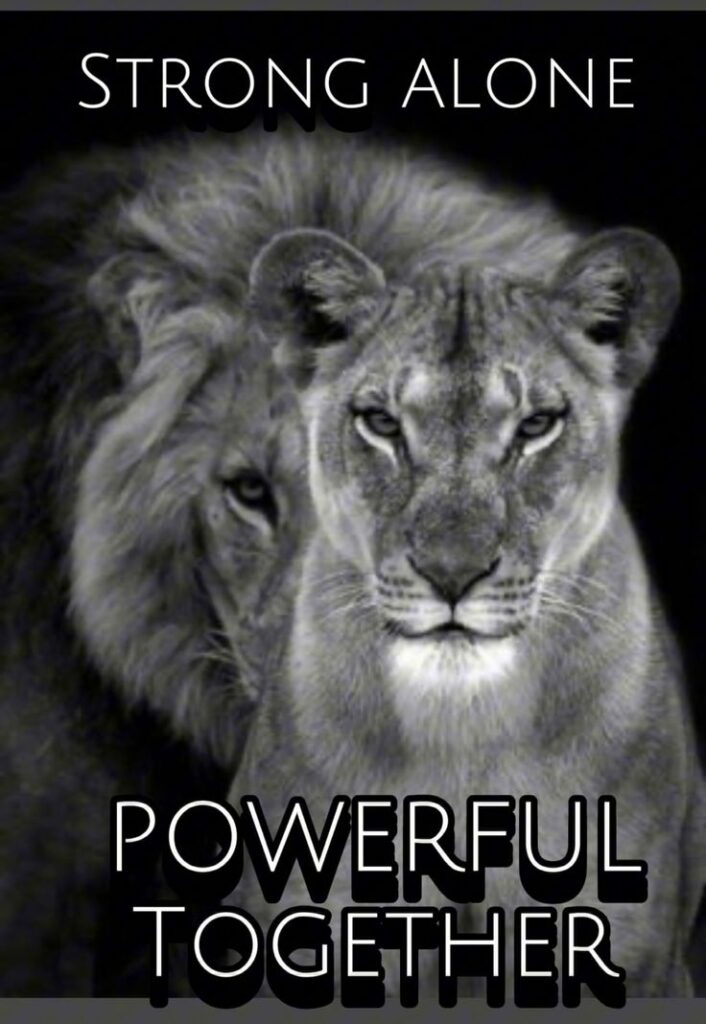

Lessons in Loyalty: What Humans Can Learn from Lions
Lions live in a world of brutal competition and survival, yet they remain loyal to their families in ways that defy logic and biology. Their bonds teach us valuable lessons:
- Love is not a luxury; it’s a survival tool. Lions thrive because they care for each other—physically and emotionally.
- Grief is the price of love. The sorrow seen in lions is a testament to the depth of their attachments.
- Loyalty means standing by someone, even when it’s hard. From a lioness defending her doomed cubs to a brother standing watch over his fallen sibling, their actions speak of a loyalty that is both fierce and fragile.



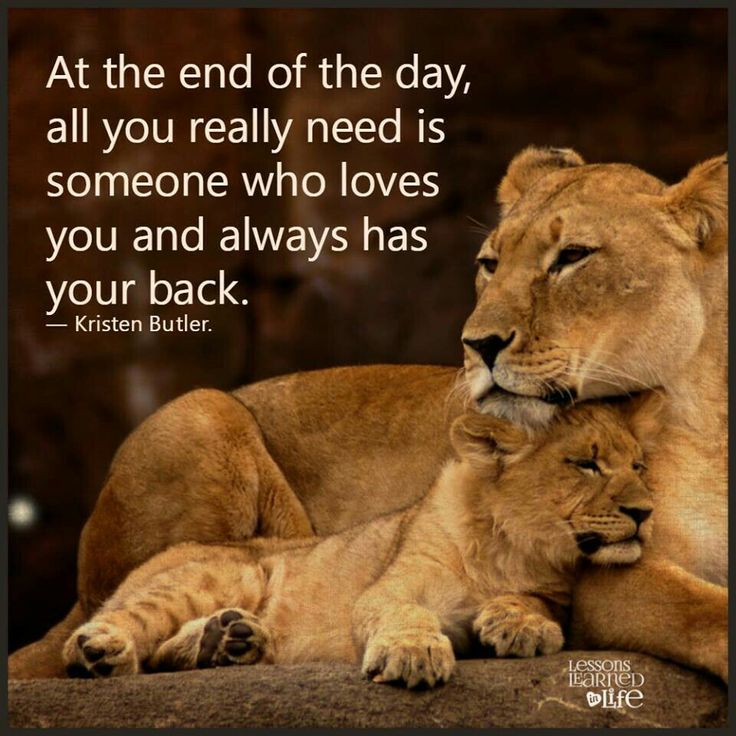
Conclusion: More Than Kings—They Are Kin
We often look at lions as emblems of power and pride, but beneath their commanding presence lies a truth even more profound: lions love, mourn, protect, and bond. Their loyalty is not fleeting or circumstantial—it is enduring and heartbreaking.
In their roars, we hear strength. But in their silence, in the moments of stillness beside a fallen pride mate or the quiet nuzzling of a cub, we witness something even more powerful: vulnerability, loyalty, and deep emotional lives.
The loyalty of lions is not a myth or a metaphor—it’s real, raw, and resonant. It reminds us that the animal kingdom is not so distant from our own. In fact, in many ways, animals like lions demonstrate the kind of unwavering commitment and emotional courage that we, as humans, often aspire to.
So, the next time you see a lion on a wildlife documentary or etched into a crest or statue, don’t just think of strength. Think of sorrow. Think of love. Think of loyalty—the kind that will break your heart and piece it back together again.


